Worcester Polytechnic Institute
Worcester, MA
Worcester, MA
Worcester, MA
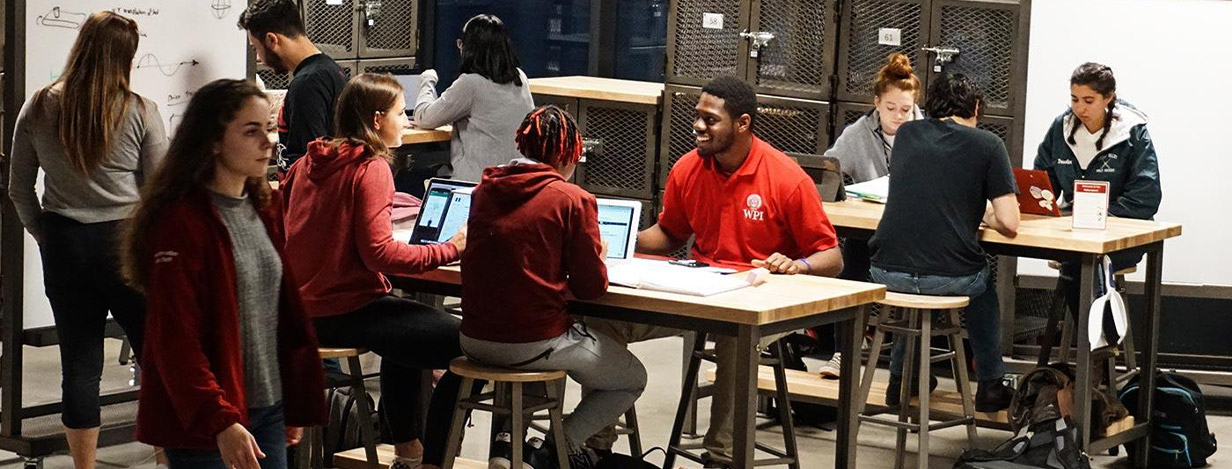
A distinctive approach to STEM education and research
Worcester Polytechnic Institute (WPI), a global leader in project-based learning, is a distinctive, top-tier technological university founded in 1865 on the principle that students learn most effectively by applying the theory learned in the classroom to the practice of solving real-world problems. Today, WPI recognizes the essential nature of preparing and supporting future scientists, engineers, and business leaders in their journeys to become the empathetic, collaborative, and resourceful STEM professionals the world needs now.
WPI’s award-winning, pioneering project-based and globally engaged curriculum engages students in solving important scientific, technological, and societal problems throughout their education—on campus and at more than 50 project centers in the Americas, Africa, Asia-Pacific, and Europe. In both academics and research, undergraduate and graduate students pursue interdisciplinary collaboration with each other, with faculty across WPI’s four schools, and with public and private partners to develop broad-scope solutions to socially relevant problems. More than 70 PhD, master's, bachelor’s, and certificate programs are offered both on campus and online, providing flexible options and opportunities for students to advance their careers and succeed in today’s—and tomorrow’s—world.
Student experience
WPI is not your typical tech school. While there is a rigorous academic curriculum, we believe your experiences outside the classroom play an equally important role in helping you learn, grow, and succeed. You’ll become a member of a close-knit, inclusive, and safe community with a robust support system ready to help—academically, emotionally, physically, and culturally. Along the way, you’ll learn more about yourself and others, connect with new people, pursue both long-term passions and new interests, hone leadership skills, give back to the community, gain real-world experience—and have fun. Discover why the student experience at WPI is a transformative one—one that prepares you to make your mark in the world.
|
Ranked in the top 5.2% of 20,000 worldwide universities | Center for World University Rankings, 2023 |
|
|
Ranked #15 among schools for "Career Outcomes" | Poets&Quants, 2022 |
|
|
Ranked #14 among the "Top Game Design Programs" for undergraduates | The Princeton Review, 2023 |
|
|
Ranked #45 among "Best Value Colleges" for private schools | The Princeton Review, 2023 |
|
|
Ranked #8 among the "Best Colleges for Engineering Majors" | Money magazine, 2023 |
At WPI, students are involved in engineering projects and research from the very beginning. Our pioneering project-based learning approach means our undergraduate and graduate students learn in the classroom and then can immediately apply their skills to solve real-world problems. Students work alongside our world-renowned faculty, many of whom bring invaluable industry experience to their work. WPI graduates become proficient and agile engineers able to adapt to a constantly changing global environment. They’re prepared to collaborate with peers across disciplines—from engineering to the arts and sciences to business—to develop innovative and effective solutions to the world’s most pressing challenges. This groundbreaking approach establishes a foundation for career success and life satisfaction.
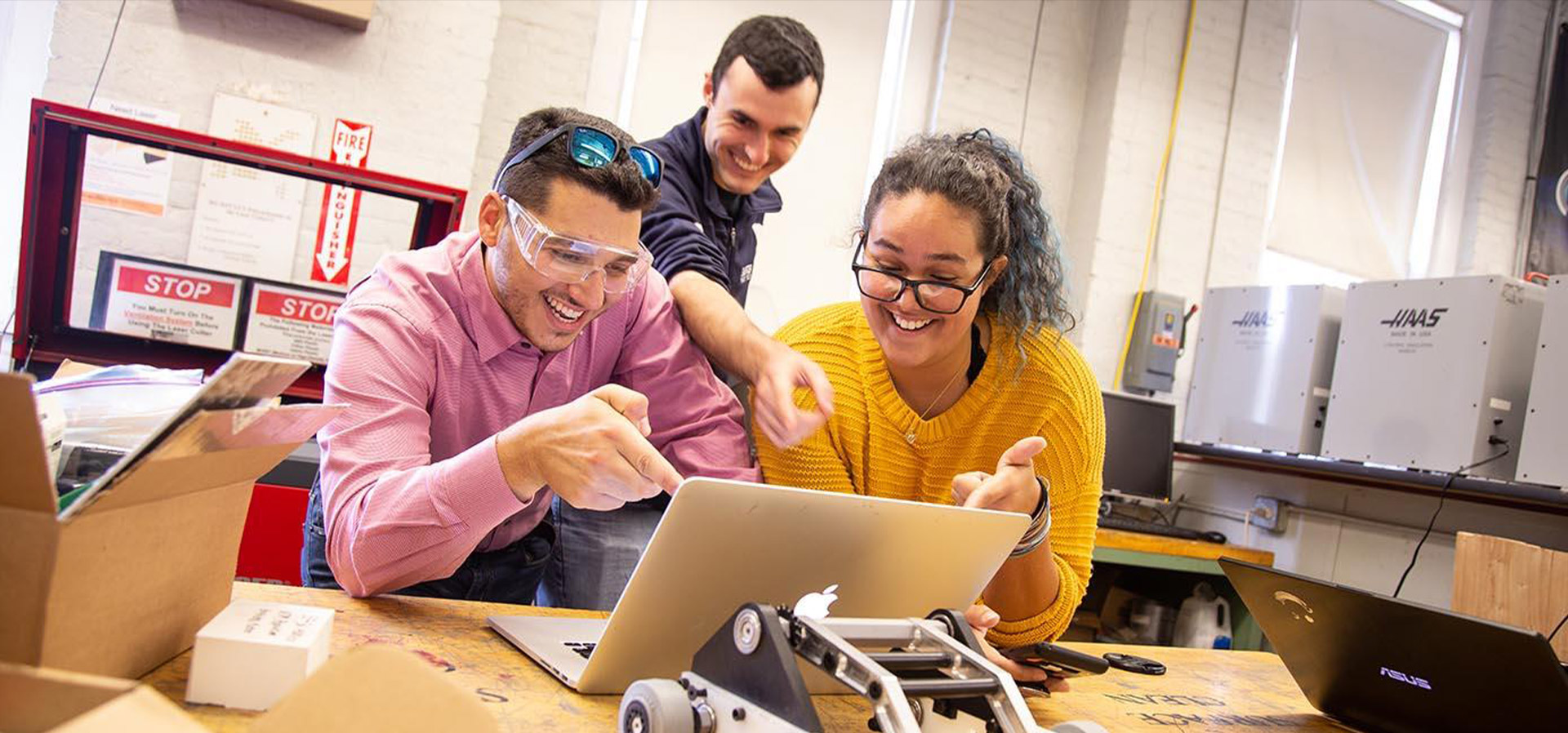
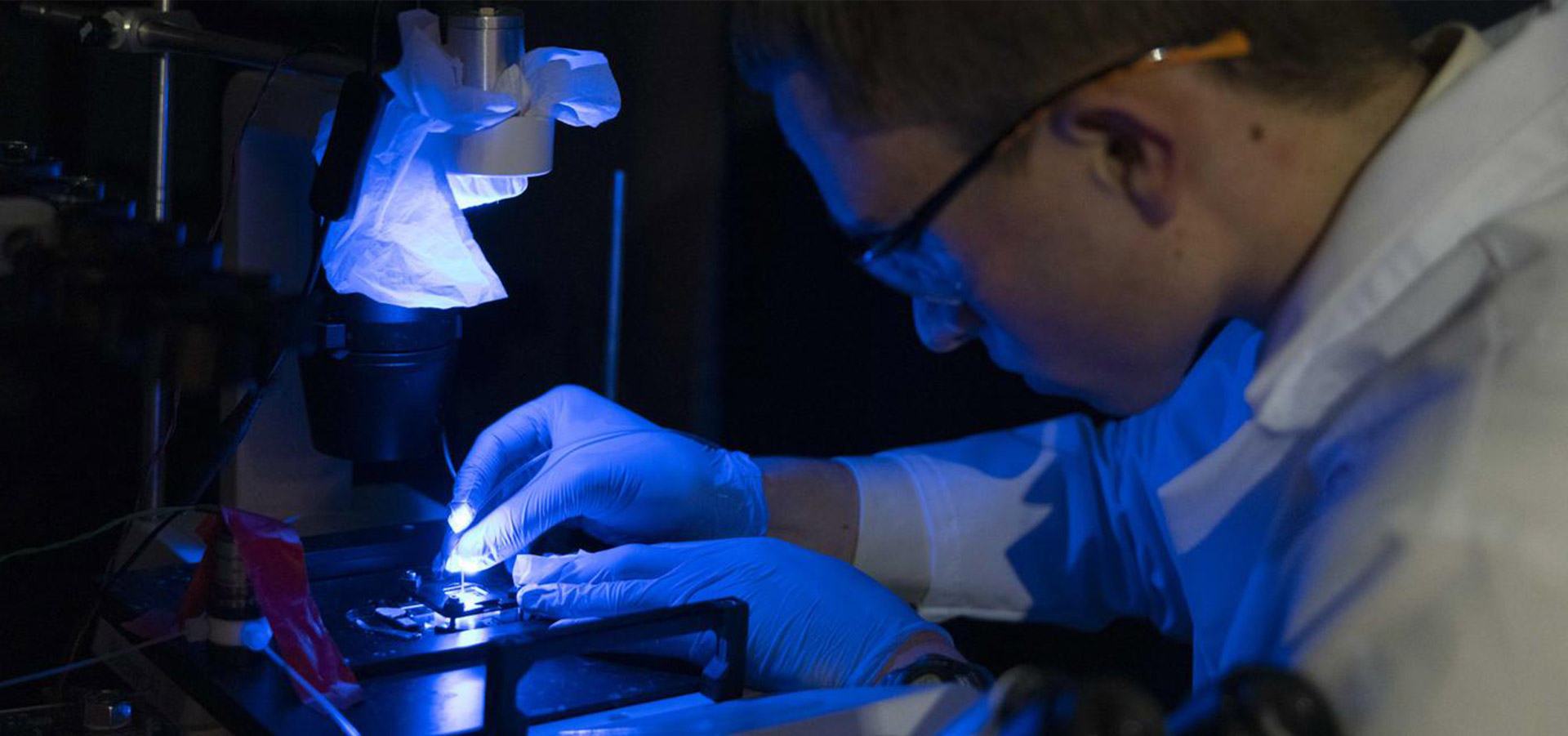
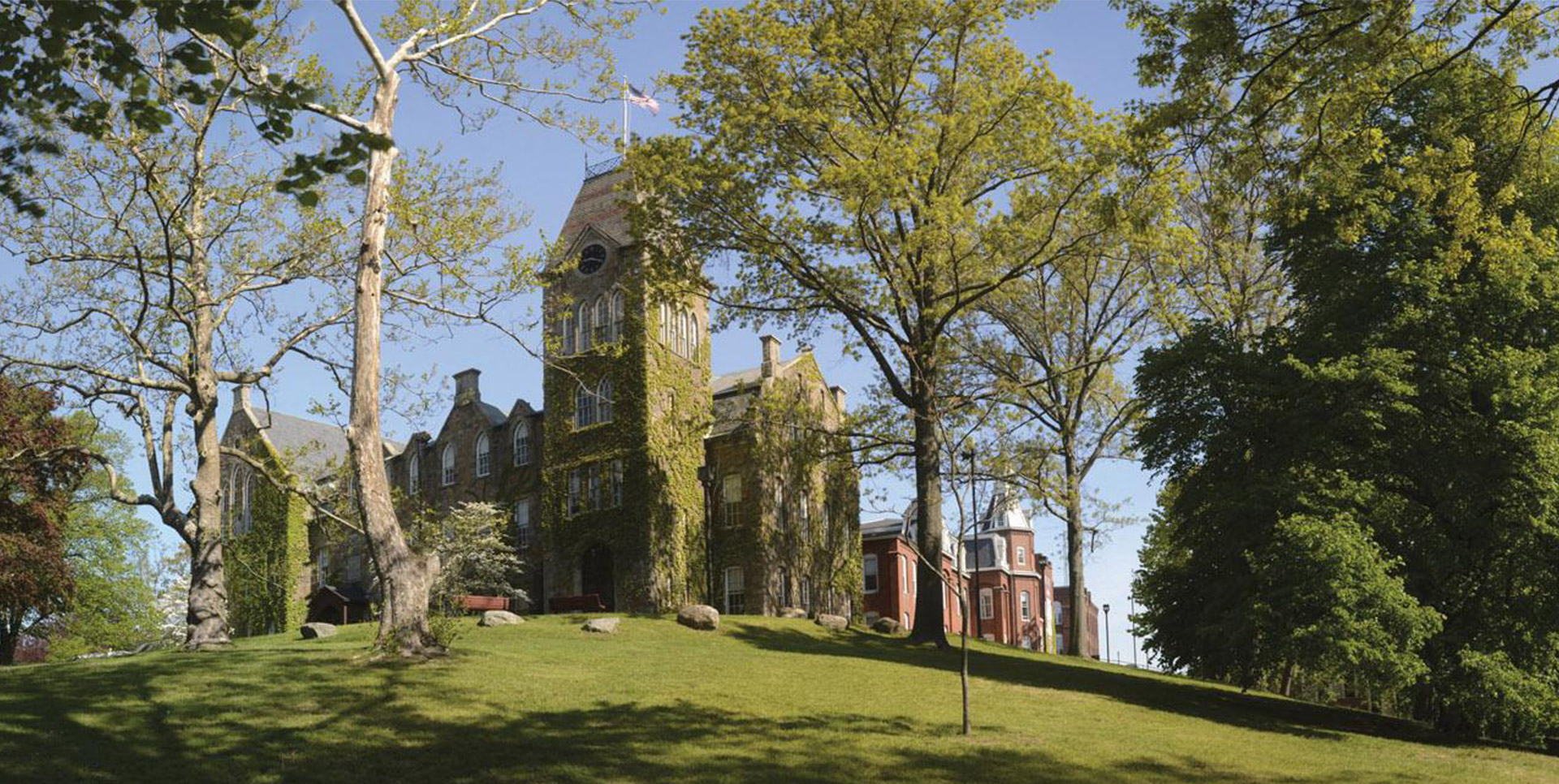
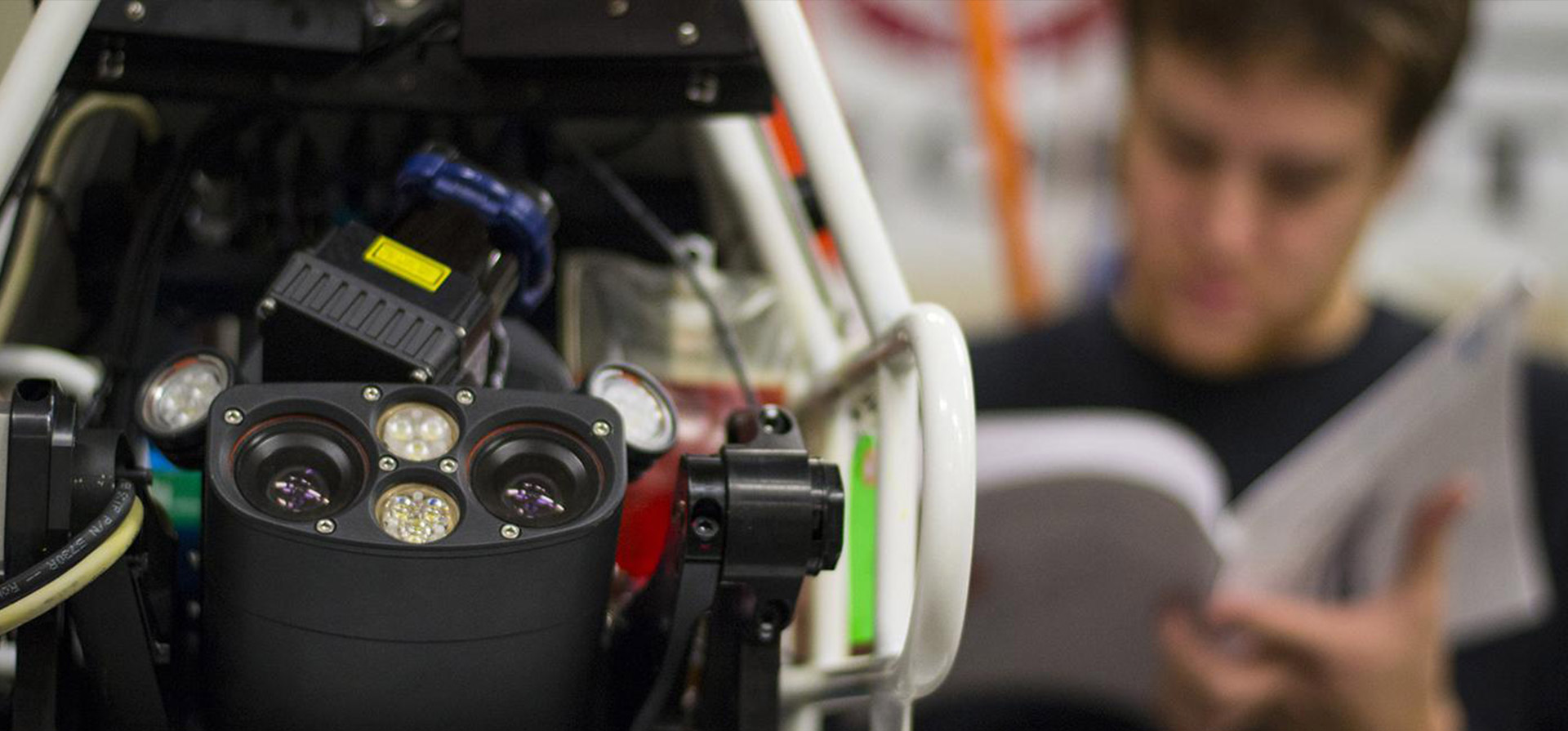
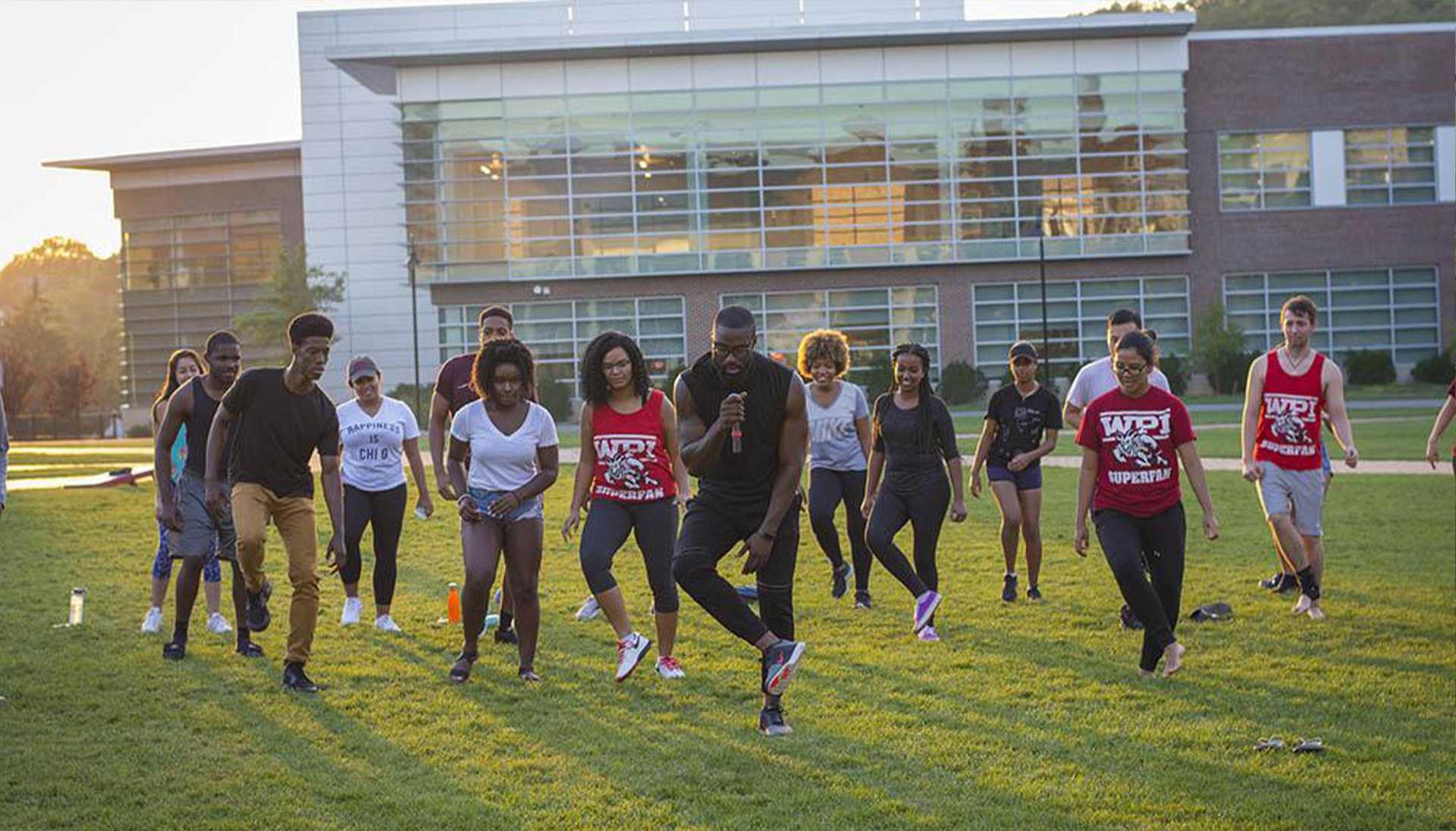
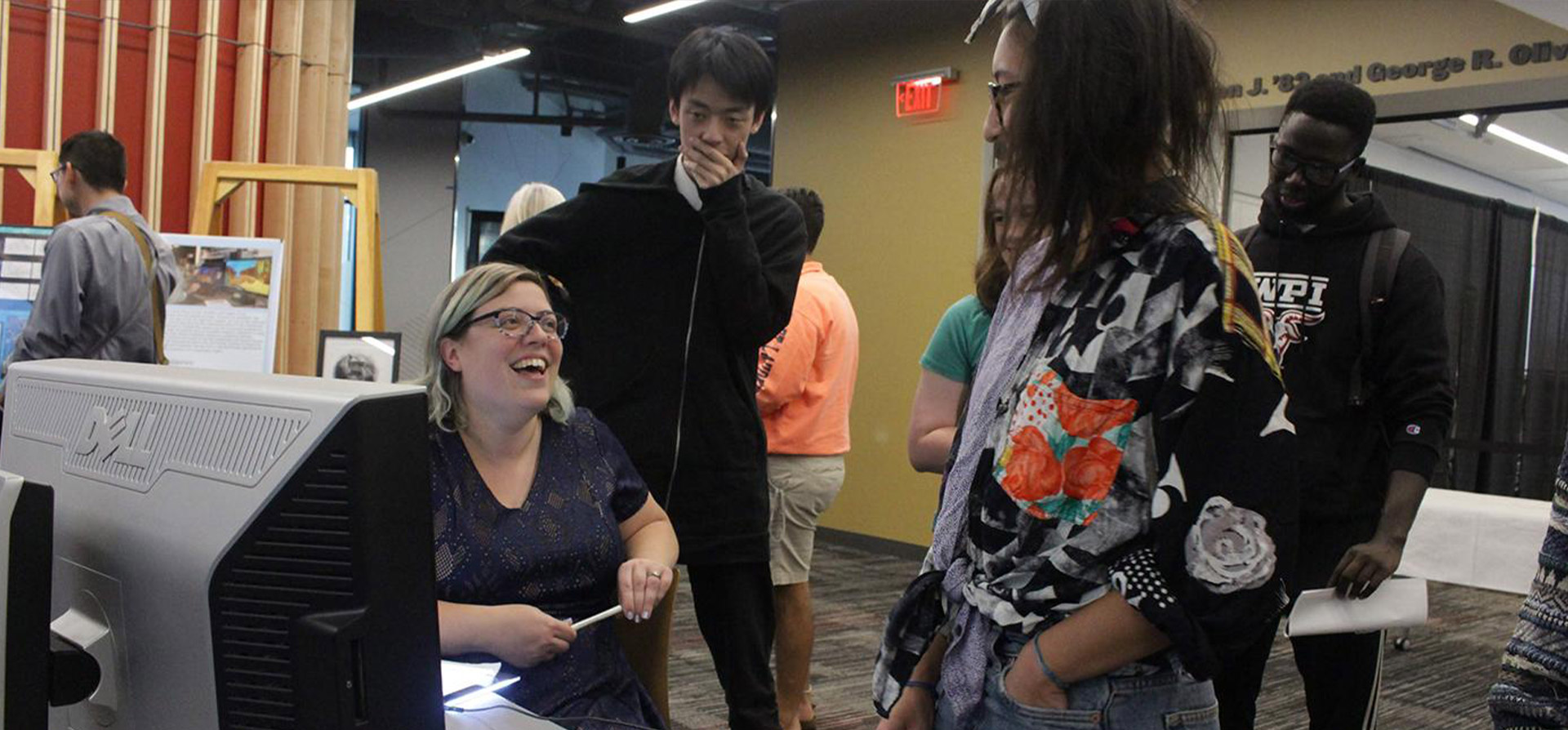
"Overall, my collective experiences with projects at WPI have revealed and prepared me for the challenges and rewards of real-life work in a powerful, firsthand way."
“Through project work, I have learned to look critically at problems I don’t necessarily have the answer to. I’ve also gotten better at communicating my ideas through both writing and speaking."
“The project-based curriculum has given me the opportunity to gain valuable experience solving real life problems. Overall, I feel like I am part of a supportive community of people here at WPI who all have the same goal of changing the world."
“The way it changed my view of the world translates to multiple, different areas of my life. I look at my community as a much smaller piece of a larger world than I used to. I see diversity in a different way.”